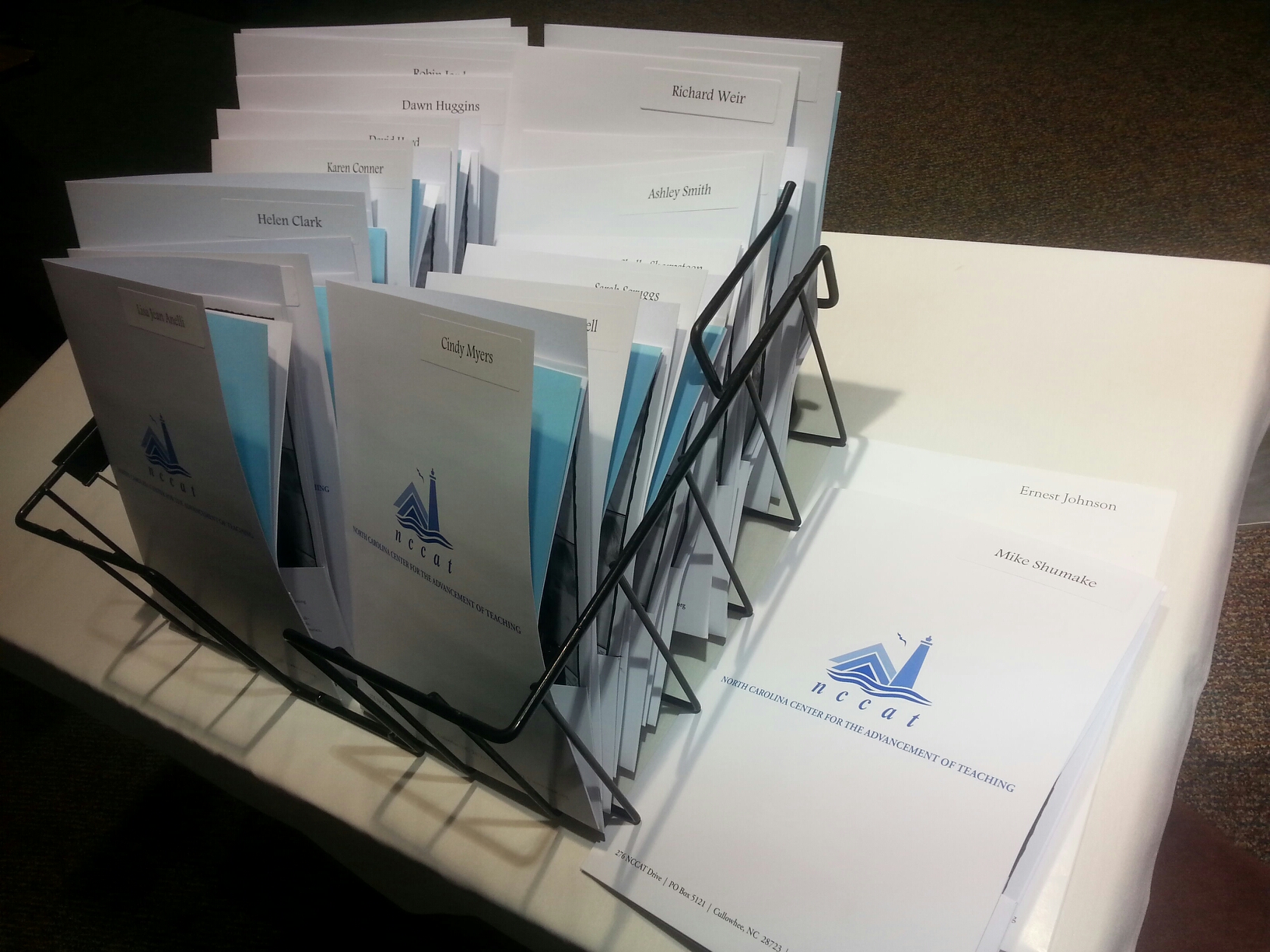Check out our Spring 2015 science and math seminar listings below. Visit our website for a complete listing of our professional development programs at www.nccat.org or for more information, contact Teacher Services at 828.293.5202 or email [email protected].
NCCAT covers lodging, meals and programming. Participants are responsible for travel cost and substitute teaching fees unless otherwise noted. Applicants must be employed full-time in North Carolina public schools.
13860 Learning to Read While Reading to Learn: Early Grades Literacy in Science, Ocracoke
Monday, February 9-Thursday, February 12, 2015
We learn to read and write to make sense of and communicate about everything we encounter. When students write about what they see, they engage with the material in an intentional manner. When they have interesting experiences, they write more and with more energy. Join us as we investigate ways of incorporating the NC State Essential Standards in Science with appropriate reading and writing activities-all aimed at strengthening our students' facility in both areas. Taking advantage of the numerous ecosystems in close proximity to NCCAT, we will use literacy activities to enhance our engagement and understanding of several field activities. Teachers will have the opportunity to adapt the activities to their local ecosystems and students' literacy levels. This program is primarily targeted at pre-K through third-grade teachers, but is appropriate for all grade levels.
13865 Hands-On Science for Student Mastery, Cullowhee
Monday, February 16-Friday, February 20, 2015
Would you like to increase your student's engagement, excitement, and sense of ownership with their own learning? Would you like to help students gain an ability to become careful and considerate observers of natural phenomena? There is a wealth of data that indicates that spending time with our students outdoors and teaching them ways in which to observe and describe the natural world can help them become more excited and invested learners. Join us this week as we team up with scientists and science educators to explore some of the ways in which we can incorporate outdoor classroom experiences in our teaching. Whether tracking ancient weather patterns, classifying newly discovered galaxies, or helping to track migrating animals, there exists an astounding array of ways to engage our students and contribute to important, ongoing science research projects. Prepare to immerse yourself in rocks, dirt, weather, and living things and to carry back to your classroom a score of useful activities that will lead to student mastery and give you the data you need to prove it.
13870 Reading and Writing for Science and Math in Secondary Education, Cullowhee
Wednesday, February 25-Saturday, February 28, 2015
Reading and writing instruction has moved into every classroom. Changes in the standard course of study require that students read much greater amounts of non-fiction and construct viable written arguments using reason and evidence. Literacy instruction at the secondary level is a challenge even to those who were trained to do it; it can be downright terrifying to anyone else. This seminar will help secondary level teachers support their students' reading comprehension. Techniques for using writing as a formative and summative assessment-and how to grade it-also will be included. This session is intended primarily for science and math teachers at the secondary level and also would be appropriate for other STEM subjects that incorporate non-fiction texts and writing as a part of the curriculum.
